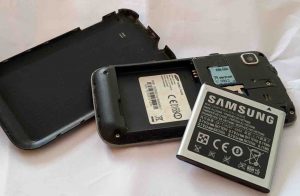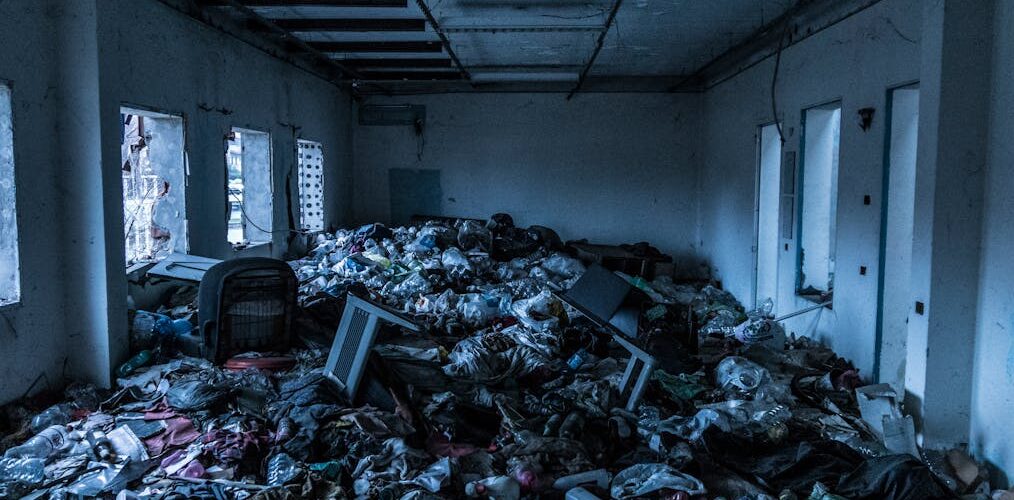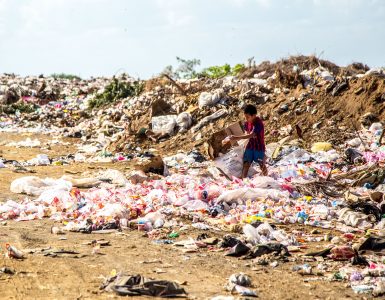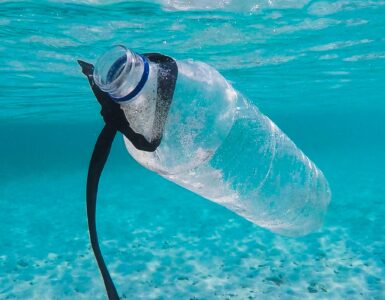If you walk into a Croma retail outlet or a Samsung service centre in India, chances are that you will spot an e-waste bin lying in one of the corners.
Similarly, e-waste collection centres are established by many domestic and international electronic brands to help consumers discard their electrical and electronic products responsibly.
Electrical and electronic equipment or products when discarded by the consumers or through the manufacturing, refurbishment and repair processes become E-waste. If this waste is left unattended it will be detrimental to the environment and human health as it comprises hazardous substances like lead, mercury, toxic material and gases.

Therefore all major electronic brands and manufacturers have e-waste policies in place, where they allow consumers to deposit their e-waste in a designated center.
Most electronic majors and electrical companies work with e-waste recyclers in India to manage and recycle e-waste.
E-recycling company Namo E-Waste Management has collaborated with multiple electronics companies in India like Boat, LG, and Xiaomi to take care of their recycling. Another Delhi-based recycler Attero works with major brands like Godrej, Daikin, Whirlpool, Acer, Lava, etc.
A lot of this has to do with Indian government rules regarding e-waste where all the manufacturers of electronic products are responsible for collecting, recycling and disposing of their products from an authorized dismantler and recycler.
The government of India has comprehensively revised the E-Waste (Management) Rules, 2016 and notified the E-Waste (Management) Rules, 2022 in November 2022 and the same has been in force since 1st April 2023.
The objective of the said rules is to take all steps required to ensure that e-waste is managed in a manner which shall protect health and the environment against any adverse effects, which may result from such e-waste.
These new rules intend to manage e-waste in an environmentally sound manner and put in place an improved Extended Producer Responsibility (EPR) regime for e-waste recycling wherein all the manufacturers, producers, refurbishers and recyclers are required to register on a portal developed by the Central Pollution Control Board.
The new provisions would facilitate and channel the informal sector to the formal sector for doing business and ensure the recycling of e-waste in an environmentally sound manner.
Provisions for environmental compensation and verification & audit have also been introduced. These rules also promote the Circular Economy through the EPR regime and scientific recycling/disposal of e-waste.
As per the E-Waste (Management) Rules, 2022, the urban and rural bodies have been given responsibilities under Schedule V of said Rules to ensure that e-waste, if found to be mixed with Municipal Solid Waste is properly segregated, collected and channelized to registered recycler or refurbisher.
It is also to ensure that e-waste about orphan products is collected and channelized to registered recyclers or refurbishers, facilitate setting up e-waste collection, segregation and disposal systems and conduct training sessions to develop capacities of the urban and rural local bodies.
Further, the industries that are producers of e-waste have also been given responsibilities for proper management of e-waste under rule 6 of the said Rules. As per the rules, producers are mandated to register on the EPR portal, obtain and implement Extended Producer Responsibility targets as per Schedule III and Schedule IV through the portal, and create awareness through media, publications, advertisements, posters or any other means of communication.
Producers are also mandated to file annual and quarterly returns in the laid down form on the portal on or before the end of the month succeeding the quarter or year, as the case may be, to which the return relates.
Plans to enhance awareness and establish effective e-waste recycling infrastructure across the country are as follows:
- Implementation of E-Waste (Management) Rules, 2022 through enforcement of Action plan for Management of E-Waste. The Action Plan is being implemented through State Pollution Control Boards (SPCBs)/ Pollution Control Committees (PCCs). The action plan contains components on mass awareness of the general public through an Information, Education and Communication Plan to be framed by State Governments. The said Action Plan also includes checking informal traders, and recyclers of e-waste have been taken up as one of the action points. Drives for the identification of informal activities are to be done by all the SPCBs along with the district administration of the State.
- Integrate more stakeholders and improve transparency through the e-waste EPR Portal.
- Auditing of stakeholders through E-waste EPR Portal.
- Managing uncollected, historical, and orphaned e-waste, through local bodies.
- Coordination with state governments and local bodies to develop capacity for the management of e-waste.
- Organize programs to raise public awareness about e-waste management and recycling.






Add comment